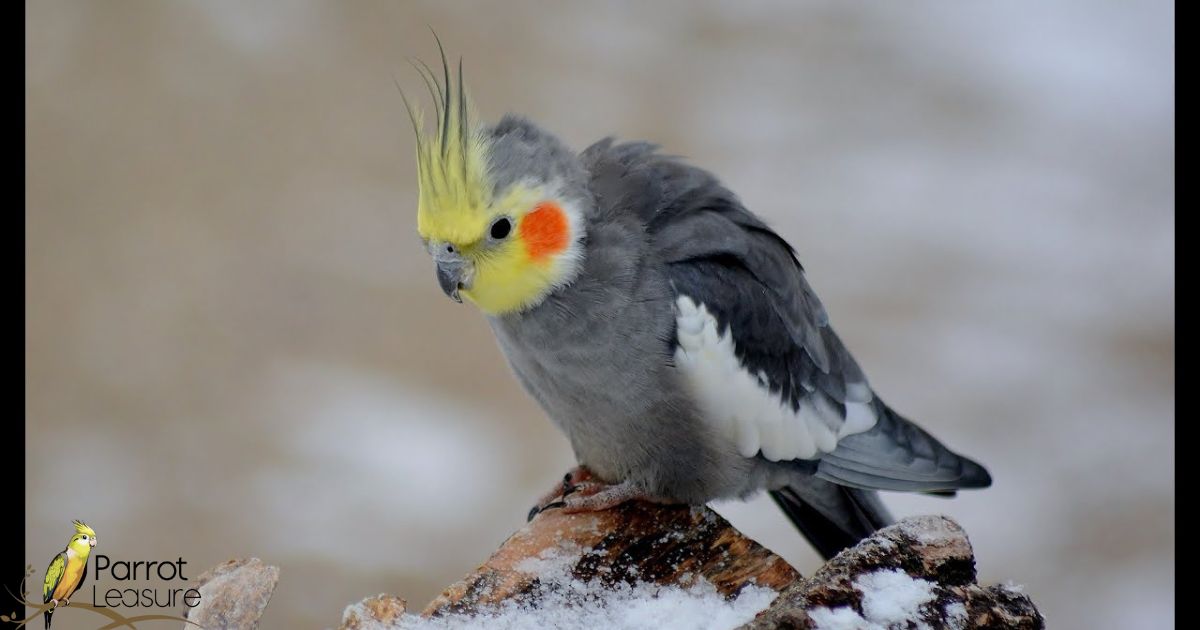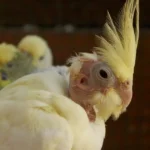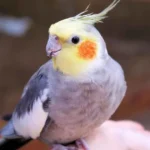Cockatiel life spans the years a cockatiel can live. These birds, known for their friendliness and crested heads, typically enjoy a life of 15 to 20 years with proper care.
Curious about your feathered friend’s future? Ask yourself, How long do cockatiels live? This question is key to understanding the commitment to pet ownership. Let’s unlock the secrets to a long, healthy life for your cockatiel.
Typically, cockatiels have a lifespan ranging from 15 to 20 years. Factors like diet, environment, and mental stimulation influence their longevity. Ensuring these needs are met is essential for a long cockatiel life.
Understanding Cockatiel Lifespan: The Basics
Cockatiels are known for their longevity, especially when given proper care. In captivity, these charming birds can live for 15 to 25 years. Their lifespan is a testament to the care they receive from their owners.
To ensure a long life for your cockatiel, focus on a balanced diet, regular exercise, and mental stimulation. These factors are crucial in extending the life of these friendly birds. A happy cockatiel is often a long-lived one.
The Cockatiel Clock: Decoding Their Life Expectancy
Cockatiels, often adored for their companionship, can live remarkably long lives. In captivity, these birds can thrive for 16 to 25 years, with some even surpassing 30 years. Their life expectancy reflects the care they receive.
Decoding a cockatiel’s life clock involves understanding their needs. A balanced diet, a stress-free environment, and regular health checks are key. These factors greatly influence their longevity.
Cockatiel Care: Maximizing Your Bird’s Lifespan
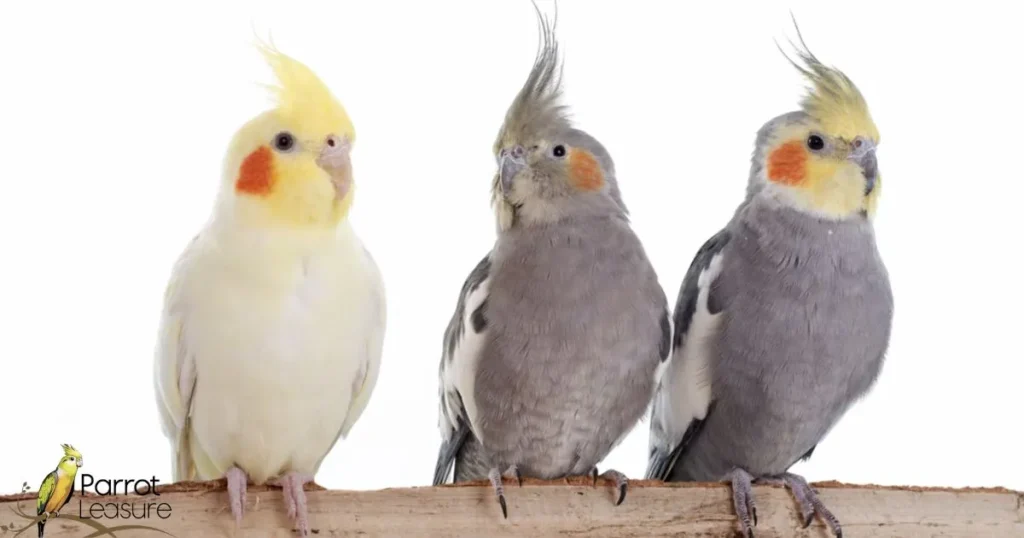
Maximizing your cockatiel’s lifespan starts with daily care. Provide a clean environment, fresh water, and a balanced diet to ensure your bird thrives. Regular baths and cage cleaning are essential for preventing infections.
A cockatiel’s life expectancy can reach up to 20 years with proper care. Attention to their physical and emotional needs, such as companionship and mental stimulation, is key to a long and healthy life for your feathered friend.
The Ageing Cockatiel: Recognizing the Signs
As cockatiels age, their vibrant plumage may fade and beaks and nails can overgrow, requiring more frequent grooming. Older cockatiels often exhibit less energy and may sleep up to 18 hours a day, including daytime naps.
It’s also common for their singing voice to change, males typically sing with a clearer tone as they mature. Recognizing the signs of aging in cockatiels is crucial for providing appropriate care.
Look for changes in behavior such as decreased activity and neglect of grooming. Physical indicators like the size of the pelvic bones in females and the condition of tail feathers can also offer clues to a cockatiel’s age.
Cockatiel Health: Preventing Common Illnesses
To prevent common illnesses in cockatiels, ensure a clean environment and a balanced diet rich in vitamins. Regularly check for signs of respiratory issues, such as nasal discharge or labored breathing, which can indicate infections like chlamydiosis.
Parasitic infections, particularly mites, can be thwarted by maintaining hygiene and observing any changes in your cockatiel’s feathers or skin. Monitor your cockatiel’s behavior for early illness indicators, decreased appetite, lethargy, or abnormal droppings.
Consult an avian veterinarian promptly if you notice any health concerns. Preventative care, including scheduled vet visits, can help catch issues before they become serious, ensuring your cockatiel’s long-term health.
Nutrition’s Role in a Cockatiel’s Life

A balanced diet is vital for a cockatiel’s health, impacting everything from feather condition to energy levels. Cockatiels thrive on a mix of seeds, pellets, fruits, and vegetables, which provide the necessary nutrients for a robust life.
Seeds should only make up about 25% of their diet, as relying solely on seeds can lead to nutritional deficiencies. Introducing pellets into their diet offers a well-rounded nutritional profile, ensuring they receive all essential vitamins and minerals.
Freshwater, alongside various foods, helps prevent common health issues and supports longevity in these charming birds. Remember, moderation is key, especially with treats, to maintain optimal health and vitality.
The Cockatiel’s Environment: Creating a Safe Haven
Creating a haven for a cockatiel involves providing a spacious cage in a quiet, draft-free area with proper lighting and ventilation. The environment should maintain a suitable temperature and humidity level, avoiding extremes that can stress the bird.
It’s essential to offer a variety of perches and toys for mental stimulation and to ensure the cage has secure locks to prevent escape. Knowing how to get a Cockatiel back into its cage is crucial for its safety and well-being. The cage should be placed in a location with access to natural light but not in direct sunlight, and away from potential hazards like toxic plants or fumes.
Regular cleaning and disinfection of the cage and accessories prevent the spread of diseases and create a hygienic space for your cockatiel to thrive.
Cockatiel Genetics and Lifespan Correlation
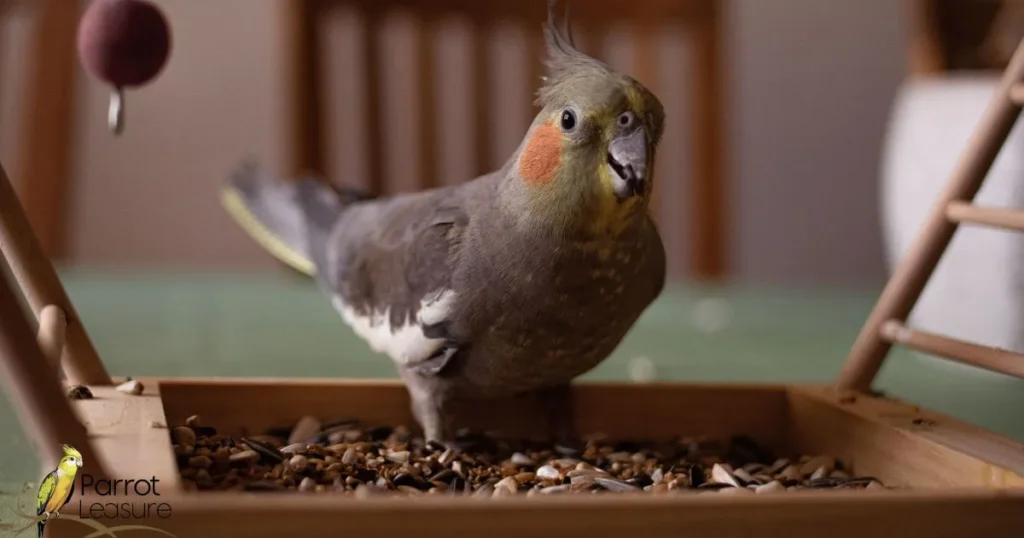
Cockatiel genetics play a pivotal role in their lifespan, with certain genetic traits influencing longevity. Inbreeding can reduce lifespan due to increased genetic diseases, while some color mutations may also affect longevity. A healthy cockatiel typically lives 15-20 years, but genetics can extend or shorten this range.
Proper care can mitigate genetic risks, ensuring these birds have a longer, healthier life. A stress-free environment, a balanced diet, and regular health checks are key. Owners should be aware of their cockatiel’s genetic background and work with vets to monitor their health.
Cockatiel Companionship: Its Impact on Their Longevity
Cockatiels thrive on social interaction, which plays a crucial role in their overall well-being and longevity. In captivity, these charming birds can live between 16 to 25 years, with their lifespan significantly influenced by the quality of care and companionship they receive.
A solitary cockatiel can become stressed and develop behavioral issues, potentially shortening its lifespan. Providing a cockatiel with a companion, whether avian or human, can greatly enhance its quality of life.
Engaging activities, mental stimulation, and emotional support from companions can lead to a happier, healthier bird. Consequently, a well-socialized cockatiel is more likely to reach or even exceed the upper limits of its life expectancy.
The Senior Cockatiel: Adjusting Care with Age
As cockatiels enter their senior years, their care needs subtle adjustments to maintain their health and comfort. Proper nutrition is paramount, a diet low in fat and protein helps manage age-related conditions such as arthritis and liver disease.
Sleep becomes even more crucial, with older cockatiels requiring up to 12 hours of restful sleep each night to support their immune system. Creating a comfortable environment is also essential for aging cockatiels.
Soft, flat perches ease the strain on their joints, and a calm, stable setting helps prevent stress, which can exacerbate health issues. Regular health checks and vet visits ensure potential problems are caught early, contributing to a senior cockatiel’s quality of life.
Cockatiel Lifespan Myths vs. Facts
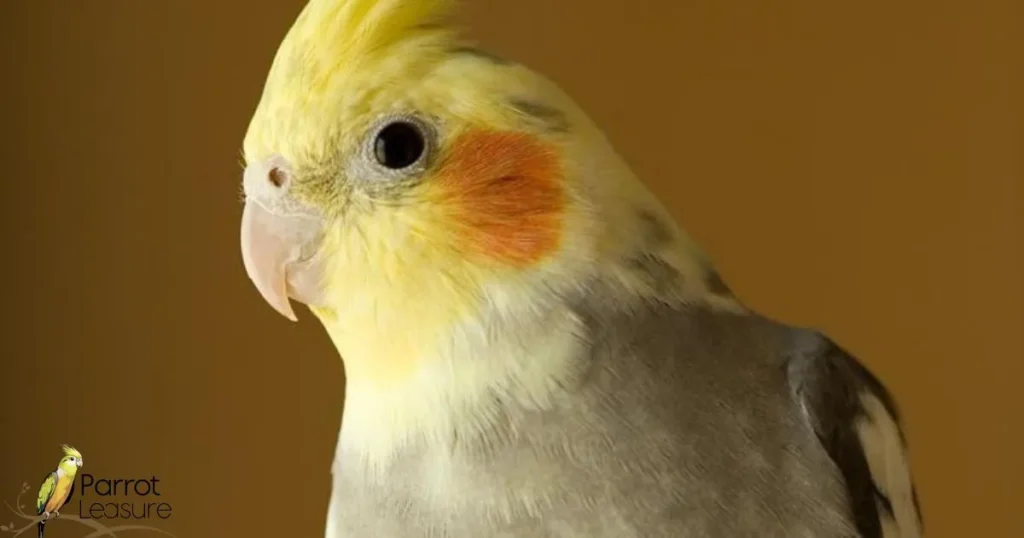
Cockatiel lifespan myths often exaggerate their longevity, with some claims suggesting they can live beyond 30 years. While cockatiels in captivity can live 16 to 25 years on average, the oldest recorded was 32 years.
It’s a myth that cockatiels in the wild have shorter lifespans due to predation, they can live 10 to 14 years, similar to domestic ones. Factually, cockatiels’ lifespans are affected by diet, exercise, and stress levels. Myths overlook the impact of genetics and environmental factors on their longevity.
Proper care, including a balanced diet and a stress-free environment, is crucial for a cockatiel’s long life. It’s important to distinguish between anecdotal reports and scientifically observed facts when considering a cockatiel’s potential lifespan.
FAQ’s
How long do cockatiels live as pets?
The cockatiel’s average life span is 12 to 15 years, though in captivity and under appropriate living conditions, a cockatiel could be expected to live from 16 to 25 years.
Do cockatiels fall in love?
Cockatiels can fall in love with objects, their reflection, other birds, and even you. He may also whistle or lean towards the person or item.
Can cockatiels sleep alone?
It is good for them to be with people! They are very social creatures. They just need to be in a quiet, dark space to sleep for up to 12 hours a night.
Why did my cockatiel suddenly die?
Your pet bird will die suddenly if their organs fail. Unfortunately, not only can organ failure result from a lack of food and water, but also genetic abnormalities, other illnesses, and more.
Do cockatiels have a Favourite person?
Particularly skilled at whistling, male cockatiels often engage in whistle serenades directed at their favored person, object, or mirror reflection.
Final Thoughts
Cockatiels have a lifespan that can stretch up to 20 years with proper care. The quality of their environment and diet plays a crucial role in their longevity. These charming birds can be long-term companions when given the attention and love they need.
